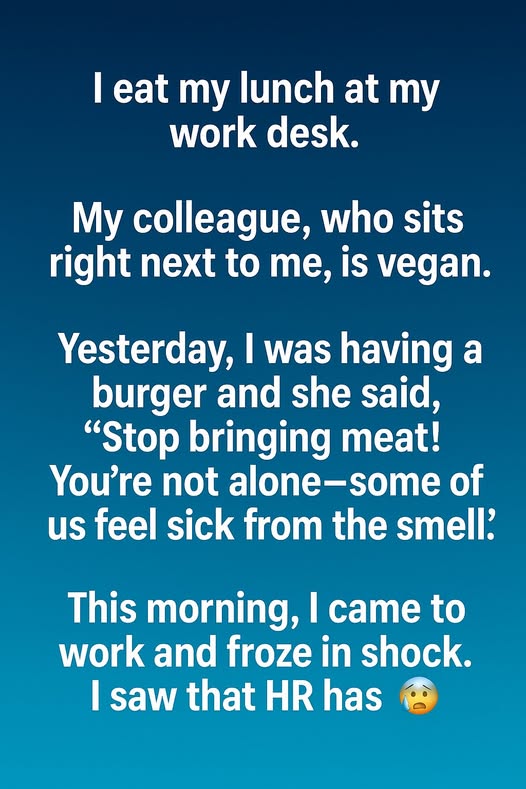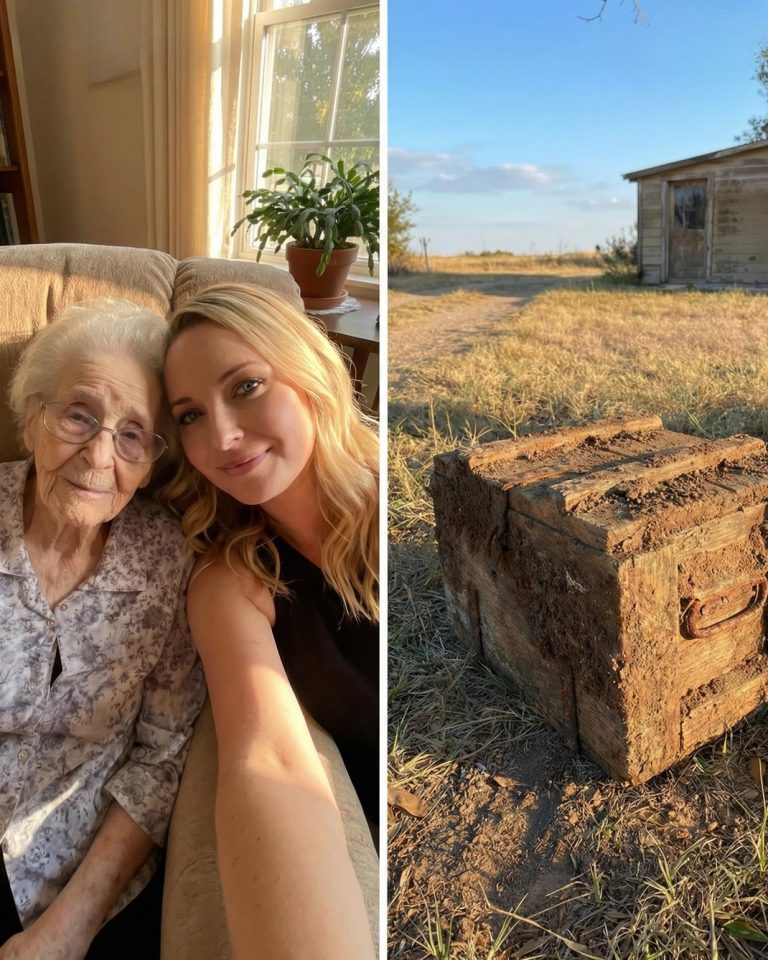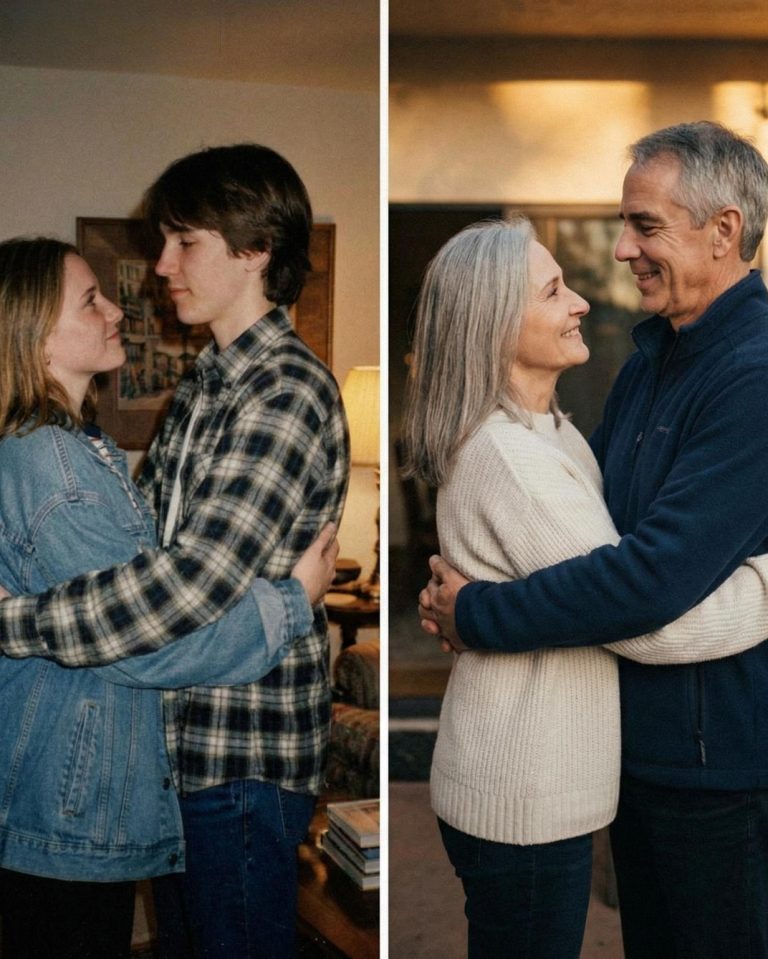
I eat my lunch at my work desk.
My colleague, who sits right next to me, is vegan.
Yesterday, I was enjoying a homemade burger — juicy, double cheese, the kind that makes you sigh with satisfaction after the first bite. That’s when she looked over, wrinkled her nose, and said sharply, “Can you please stop bringing meat to work? You’re not alone—some of us feel sick from the smell.”
Her tone caught me off guard. I wasn’t trying to offend anyone; I was just eating my lunch quietly like I always did. But the way she said it—so condescending, like I’d committed some crime—made me swallow my frustration along with my last bite.
I tried to laugh it off, saying, “Sorry, but it’s kind of hard to un-burger my lunch now.”
She didn’t laugh. She just shook her head and muttered something under her breath about “insensitivity.”
I brushed it off. Office life is full of little tensions—coffee machines that never work, printers that always jam, and now, apparently, the smell of my lunch.
But this morning… things got weird.
When I arrived at work, I noticed people whispering. My desk looked the same, but something new was pinned to the bulletin board near HR’s door: a memo.
Also Read : The Secret Ingredient: Why My Grandmother Always Stuck Cloves into an Onion
The headline made my jaw drop:
“To maintain a respectful and inclusive workspace, all employees are asked to avoid bringing meat-based meals into shared office areas.”
I blinked. Twice.
They were banning meat… at work?
I felt my stomach twist. I didn’t mind people having their beliefs or dietary preferences—but this felt extreme. No burgers, no chicken sandwiches, no pepperoni pizza at lunch? What next—no coffee because someone doesn’t like the smell?
I walked straight to HR.
“Hey, is this memo real?” I asked, trying to sound calm.
The HR manager, a kind woman named Denise, looked up with a sigh. “Yes, it’s real. We’ve received multiple complaints about food odors—mainly meat. We’re just trying to create a peaceful environment.”
“Peaceful?” I echoed. “By telling people what they can and can’t eat?”
She gave me that sympathetic-but-done-with-this-conversation look. “We’re not targeting anyone. Just encouraging consideration.”
I left her office fuming.
By lunchtime, the office buzzed with debate.
Some were amused. Some were angry. A few even applauded the decision. My vegan colleague—let’s call her Emma—looked especially pleased, sipping her green smoothie with a smug smile.
I sat at my desk, opening a container of roasted veggies I’d brought out of sheer spite.
But then something unexpected happened.
Around noon, the IT guy, Mark—one of the most easygoing guys in the office—walked in holding a takeout bag. The smell hit immediately: barbecue ribs.
Emma glared at him. “Seriously? Didn’t you see the memo?”
Mark raised an eyebrow. “Yeah, and didn’t you see the sign in the break room that says ‘No perfume’? Yet you spray that lavender mist every morning and give me migraines.”
The room went dead silent.
Emma’s face flushed red. “That’s not the same thing!” she snapped.
Mark shrugged. “Smell is smell.”
And that was it—the moment everything cracked wide open.
The next day, HR called for a meeting.
Denise stood at the front, looking frazzled. “We’ve had… quite a bit of feedback about the lunch policy,” she began carefully. “We want everyone to feel respected, but perhaps we acted too quickly.”
People nodded, murmuring.
Then she looked at me. “Would you like to say something?”
I hesitated, then stood.
“I get it,” I said. “No one wants to sit next to something that makes them uncomfortable. But respect has to go both ways. I respect my colleague’s choices—she doesn’t eat meat, and that’s fine. But I shouldn’t be shamed for eating differently.”
I glanced around the room. “If we start banning what offends one person, soon we’ll have nothing left to eat—or talk about. The real solution isn’t rules. It’s respect.”
There was silence, then a few nods. Even Emma shifted in her chair.
Denise smiled faintly. “That’s… well said.”
After the meeting, Emma came to my desk.
“Hey,” she said awkwardly. “I didn’t mean for all that to blow up. I just get queasy around certain smells, and I thought HR could help. I didn’t realize it’d turn into a war.”
I sighed. “I get it. I probably could’ve been more considerate too. Next time, I’ll eat in the break room when I bring meat.”
She nodded, relief softening her expression. “And I’ll keep my lavender mist to myself,” she added with a small smile.
We both laughed.
Also Read : My Daughter and Son-in-Law Refused to Let Me Visit My Granddaughter — What They Said Left Me Stunned
Over time, something shifted between us. We started talking more—about recipes, health, and how food ties to family and culture. She even taught me how to make a vegan lasagna that ended up being surprisingly good.
In return, I introduced her to my favorite local diner—she didn’t eat much there, but she came anyway, just to hang out.
One day, she told me, “You know, I used to think people who ate meat didn’t care about animals or the planet. But you changed that.”
I smiled. “And I used to think vegans just wanted to control everyone’s choices. You changed that too.”
Now, months later, the HR memo is gone. The office smells like coffee, printer toner, and yes—sometimes burgers. But now, when that smell wafts across the room, I see Emma smile instead of frown.
Because what started as a workplace argument over lunch turned into something else entirely:
a reminder that understanding doesn’t always come naturally—it’s something you build, one conversation (or one burger) at a time.



